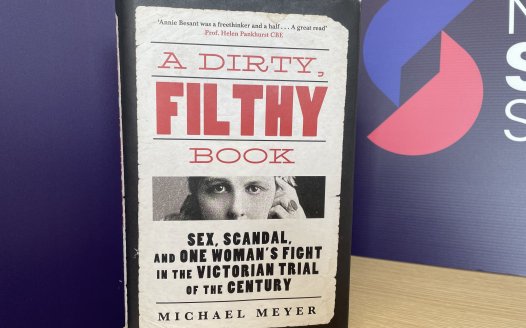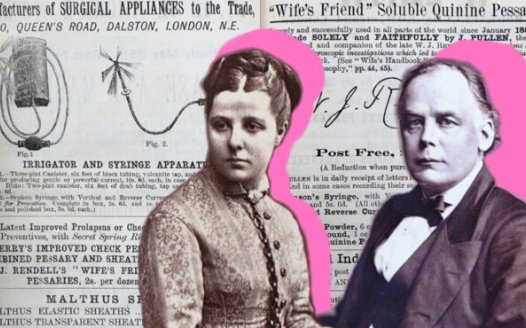Official report recommends amending abortion law in NI
Posted: Thu, 26th Apr 2018
The National Secular Society has welcomed an official report which has recommended allowing abortion in cases of fatal foetal abnormalities in Northern Ireland.
A report published this week by a working group for Northern Ireland's Departments of Health and Justice strongly criticised current restrictions on terminations in these circumstances. It said they should be allowed when "the abnormality is of such a nature as to be likely to cause death before, during or in the early period after birth".
It said when a doctor had diagnosed such an abnormality the law should accept that "the continuance of such a pregnancy poses a substantial risk of serious adverse effect on [a woman's] health and wellbeing".
The diagnosis is usually made after around 20 weeks of a pregnancy. The report said modern diagnostic resources allow "very accurate information to be provided to women regarding the condition of the foetus and its viability" at that stage.
Under current laws abortion is only allowed in Northern Ireland if a woman's life is at risk or there is a risk of permanent and serious damage to her mental or physical health. Abortion cannot legally be performed even in cases of rape, incest or fatal foetal abnormalities.
The 1967 Abortion Act, which partially decriminalised abortion in England, Wales and Scotland, does not extend to NI. There were fewer than 20 legally-sanctioned abortions in Northern Ireland in 2016.
Currently many women travel to other parts of the UK to have abortions. In June the UK government announced that they would be able to access free abortions on the NHS in England. In the following eight months 553 women made the journey to England for this reason, according to the two largest abortion providers – a rise of 14%.
In July the Welsh and Scottish governments also announced that women would be able to access free abortions under their devolved healthcare systems.
This week's report said health professionals believed the current legal constraints placed an unacceptable burden on women's health and wellbeing and the current situation was "professionally untenable". Its authors also consulted with women who had experienced diagnoses of fatal foetal abnormalities.
They concluded that "there is a substantial body of evidence to underwrite the need for legislative change".
The NSS's chief executive Stephen Evans said the report's recommendations should be implemented "as a bare minimum".
"This report sensibly draws its conclusions based on the opinions of medical experts, rather than religious groups. And on that basis there is an overwhelming case for the measures the group proposes.
"But even if these recommendations are implemented, religious groups will retain too much control over women's reproductive rights in Northern Ireland. Those making decisions that affect Northern Ireland must not allow priests to impose their dogma on those who do not share it."
Northern Ireland's health and justice ministers commissioned the report in 2016 with a view to informing the policy deliberations of the Northern Irish executive. The departments released the report this week amid an ongoing deadlock over power-sharing.
Religion is a key reason for the restrictions on abortion. DUP leader Arlene Foster, who was Northern Ireland's first minister until the current dispute in the executive, has repeatedly vowed to retain them. In 2016 she also said "the DUP is – and we make no apology for this – founded on very strong Christian values", in response to a question about the relevance of issues such as marriage and abortion to her party's identity.
In 2015 a coalition of religious groups offered "strong support" to legislation which would have introduced a 10-year prison sentence for carrying out an abortion. That year the Catholic Council for Social Affairs was also recognised as an "interested party" in a case on whether restrictions on abortion in cases of rape, incest and fatal foetal abnormality breached the European Convention on Human Rights.
The NSS has consistently campaigned against Northern Ireland's restrictions on abortion. In evidence submitted to the United Nations Human Rights Council for its 2017 review of the UK, the NSS said they were out of touch with international human rights norms.
Religious dogma shouldn't interfere with your healthcare
We campaign to protect patients from the harm caused by the imposition on them of other people's religious values, and advocate for a secular approach to current healthcare issues. Please consider a donation, from as little as £1 a month, to help support our work in this area.
P.S. make sure to check out the related campaigns below.








